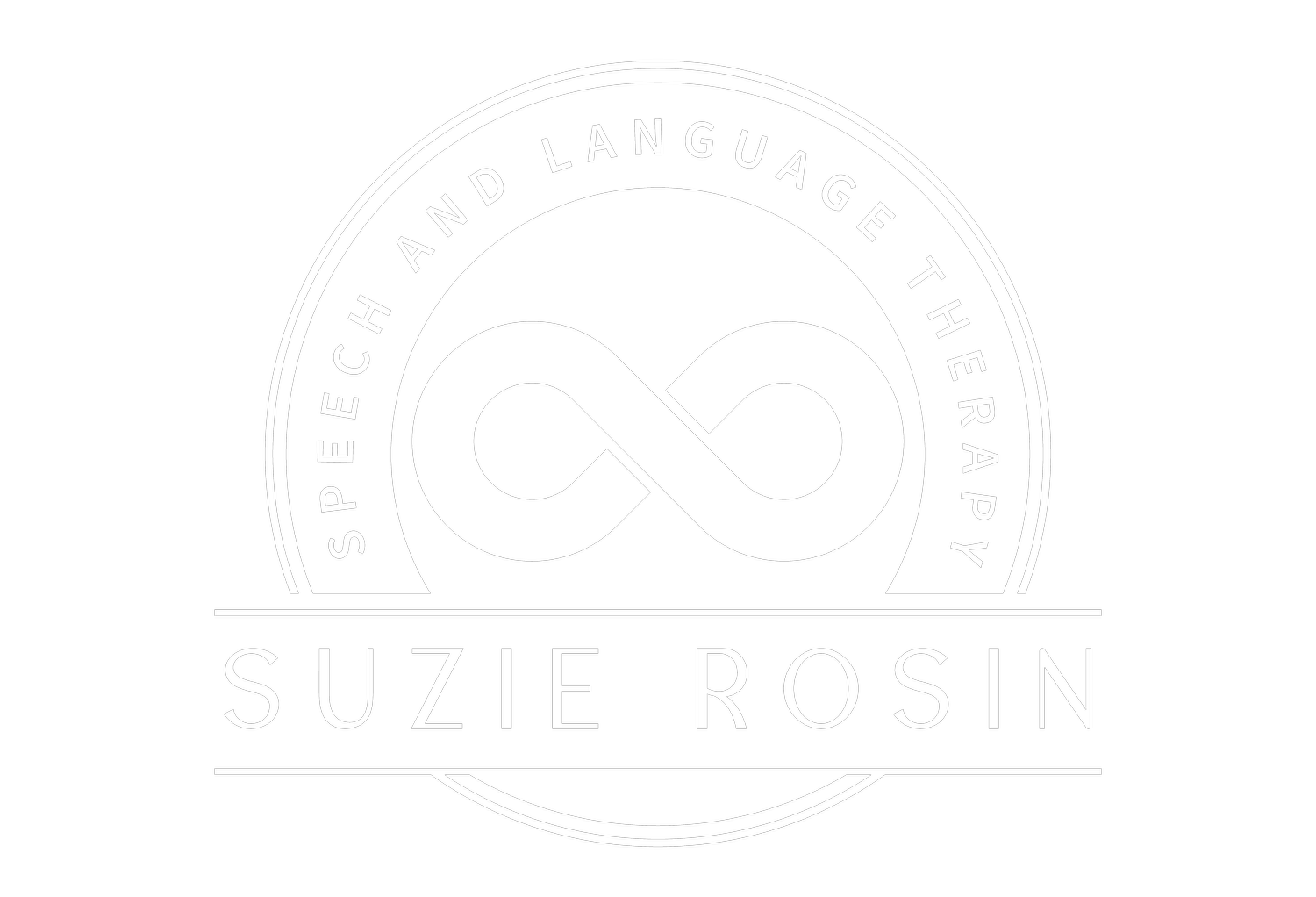Hello,
I’m Suzie
I’m a friendly and approachable paediatric Speech and Language Therapist with over 15 years of experience across the NHS and independent practice. I’m passionate about supporting children with speech, language and communication needs (SLCN).
I’m a member of the Royal College of Speech and Language Therapists (RCSLT), registered with the Health and Care Professions Council (HCPC), and part of the Association of Speech and Language Therapists in Independent Practice (ASLTIP). I also co-coordinate ASLTIP’s Kent and Sussex local SLT group and hold an enhanced DBS check.
I’ve worked within NHS clinics, Mainstream, and Special Education Needs schools, with the past seven years focusing on supporting children with SLCN in mainstream schools.
My Approach
I take a neurodivergent affirming approach, my therapy is child-led, strength-based, and tailored to each individual.
I aim to build children’s confidence in who they are, focusing on their strengths, while also supporting the areas of need. Developing self-awareness and personalised strategies is a key part of the process.
For some children, this may involve working on speech sounds or language skills. For others, therapy might focus on attention and listening, emotional regulation, social understanding, or exploring alternative ways to express themselves. Therapy can also be delivered indirectly, by supporting those around the child, through providing resources, training, and modelling.
Whatever the focus, my goal is to offer support that is both effective and respectful of each child’s personality, profile, and pace.
I understand that communication challenges can lead to frustration, low confidence, or feeling ‘different.’ That’s why I take time to understand the whole child—not just their needs, but also their interests, strengths, and what helps them feel safe, motivated, and connected. Therapy sessions are playful, engaging, and grounded in evidence-based practice.
I work closely with parents, carers, and school teams to ensure consistent, joined-up support. Above all, I aim to create a warm, inclusive space where children feel heard, valued, and excited to come to sessions.
-
It’s not always easy to know when to seek help with your child’s communication. Children develop at different rates, some may be early talkers, others can take a longer time.
You might want to consider seeking support from a Speech and Language Therapist if:
Your child struggles to say certain sounds and is hard to understand.
You think there might be delays in development milestones like babbling, using single words or joining words together.
They find it tricky to follow instructions or understand what’s being said.
They seem to find joining in with play, conversations, or making friends hard.
They struggle to explain what they are thinking or feeling and often get overwhelmed or upset.
They often repeat phrases they’ve heard from TV, books or other people (sometimes called scripting or echolalia), which may not always seem relevant to the situation.
They stammer or finds it hard to get their words out.
They have a hoarse or unusual quality to their voice as if they are speaking with a blocked nose.
They seem shy, anxious, or very quiet when talking at nursery, school or in other settings.
They are finding learning at nursery or school difficult, and you're not sure why.
They have been referred by a teacher, GP or another professional.
Or if you just have a feeling something isn’t quite right and want some reassurance or advice
If you're unsure, please feel free to contact me. I’m happy to offer a free initial conversation to talk things through.
-
I work with children from the age of 3 to 16 years who have speech, language and communication needs (SLCN). For the past seven years I have specialised in supporting children with a range of SLCN within mainstream primary schools. I also work closely with those involved in the child’s communicative environment, such as parents, carers or teachers.
I work collaboratively with NHS therapists and other healthcare providers to ensure that we are working together to best meet the needs of the child. Whether that be that be during information gathering for assessment, delivering a specific therapeutic approach or working to support the child through the Educational Health Care Plan (EHCP) process.
Many of the children I support also have co-occurring diagnoses that can impact their communication and learning. These include Autism, including Pathological Demand Avoidance Profiles (PDA). Dyslexia, Dyspraxia, ADHD, Sensory Processing Differences, Auditory Processing Difficulties or Social Emotional Mental Health (SEMH) needs.
I have extensive experience of supporting children with the following SLCN’s.
Cleft Palate
Developmental Language Disorder (DLD)
Gestalt Language Processors (GLPs)
Language Disorder in association with a biomedical diagnosis (such as Autism)
Language Disorders
Selective (Situational) Mutism
Social Communication / Pragmatic Language Difficulties
Speech Sound Disorders
-
I keep up to date with current research and regularly attend Continual Professional Development Training in line with Health Care Professionals Guidelines (HCPC).
I have completed additional training in several key areas, including:
Colourful Semantics
Cued Articulation
Developmental Language Disorder (DLD)
Eklan Total Package – Supporting speaking pupils with Autism
Gestalt Language Processing – Natural Language Acquisition (NLA)
Makaton
Minimal Pairs and Cycles Speech Approach
Selective Mutism
Talk Tools
Trauma Informed Practice
Verve
Zones of Regulation

